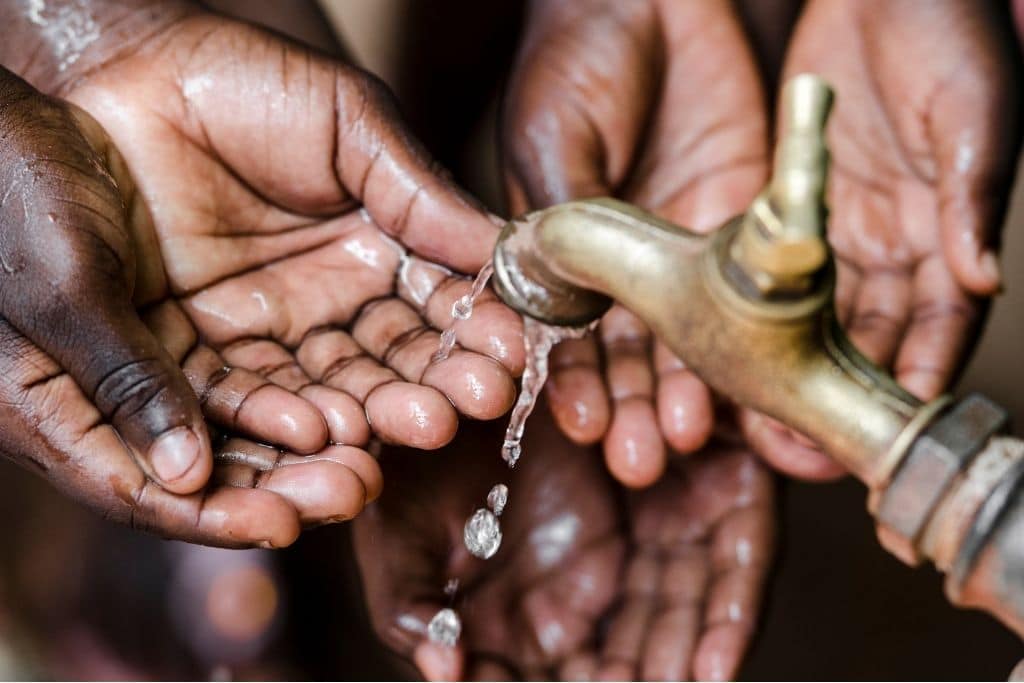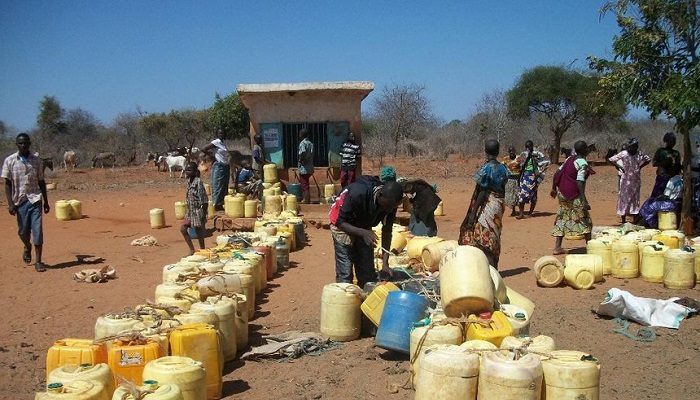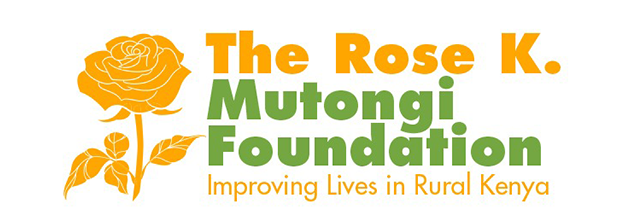Health Impacts of Water Scarcity: A Hidden Crisis in Rural Kenya
Water scarcity is a pressing issue in Kenya, particularly in rural areas where access to clean water is limited. This crisis not only affects daily life but also has severe health implications, leading to a range of waterborne diseases that disproportionately impact vulnerable populations. As communities struggle to secure safe water sources, the consequences extend beyond physical health, affecting education, economic stability, and overall quality of life.

The Scope of the Water Crisis
According to the World Bank, approximately 17 million people in Kenya lack access to clean drinking water, with rural communities facing the greatest challenges. The organization reports that only about 56% of the population has access to safe water supplies, forcing many to rely on contaminated sources such as rivers and unprotected wells. In regions like Vihiga District, where rainfall is abundant, inadequate infrastructure prevents effective water harvesting and storage. Women and children often travel long distances—sometimes up to eight miles—to collect water from polluted streams. link
Health Consequences of Inadequate Water Access
The lack of clean water has a lot of health implications. Waterborne diseases such as cholera, typhoid fever, dysentery, and hepatitis A are prevalent in areas where sanitation is poor and water sources are contaminated. According to the Disease Control Priority Project, 90% of deaths related to these diseases could be avoided through improved sanitation and access to clean water 3. Children are particularly vulnerable; they often miss school to fetch water or fall ill due to unsafe drinking sources. Diarrheal diseases remain one of the leading causes of morbidity and mortality among children under five in Kenya 4. Additionally, women face unique challenges as they bear the burden of water collection. This task not only exposes them to health risks but also limits their economic opportunities and educational pursuits.

An image of individuals fetching water.
Personal Accounts: The Reality on the Ground
Personal stories from individuals living in rural Kenya illustrate the severity of this crisis. For instance, a mother from Vihiga shared how her family often suffers from diarrhea after using contaminated river water. “I worry every time my children drink from the river,” she said. “We have no choice; it’s all we can get.” Such accounts highlight the daily struggles faced by families who are forced to compromise their health for survival. Moreover, women frequently encounter violence while collecting water from distant sources. In some cases, they are subjected to harassment or assault during these trips, further complicating their already precarious situation 2.
The Role of the Rose K Mutongi Foundation
To combat these challenges, organizations like the Rose K Mutongi (RKM) Foundation are making significant strides in improving water access in Vihiga District. The foundation’s mission focuses on facilitating water sustainability by supporting individuals, primary schools, and churches in the region. The RKM Foundation recognizes that while Vihiga receives ample rainfall, inadequate facilities for harvesting and storing this water exacerbate the crisis. By providing funding for water tanks—ranging from 2,500 liters for households to 10,000 liters for schools and churches—the foundation empowers communities to capture rainwater effectively. Each tank costs between $200 and $750 and requires beneficiaries to contribute by building a sturdy platform for installation 5. This collaborative approach fosters a sense of ownership among community members and significantly improves their access to safe water. By alleviating the burden of fetching contaminated water from distant sources, families can redirect their time toward education and income-generating activities.
Conclusion
The health impacts of water scarcity in rural Kenya represent a hidden crisis that demands urgent attention. With millions lacking access to clean drinking water, the prevalence of waterborne diseases poses a significant threat to public health and social stability. Organizations like the Rose K Mutongi Foundation play a crucial role in addressing these challenges by providing sustainable solutions that empower communities. Improving access to clean water is not just about alleviating immediate health risks; it is also about fostering resilience and enhancing quality of life for future generations. As Kenya continues to grapple with this crisis, collaborative efforts focused on sustainable solutions will be essential in transforming lives and ensuring that every individual has access to this fundamental human right.
